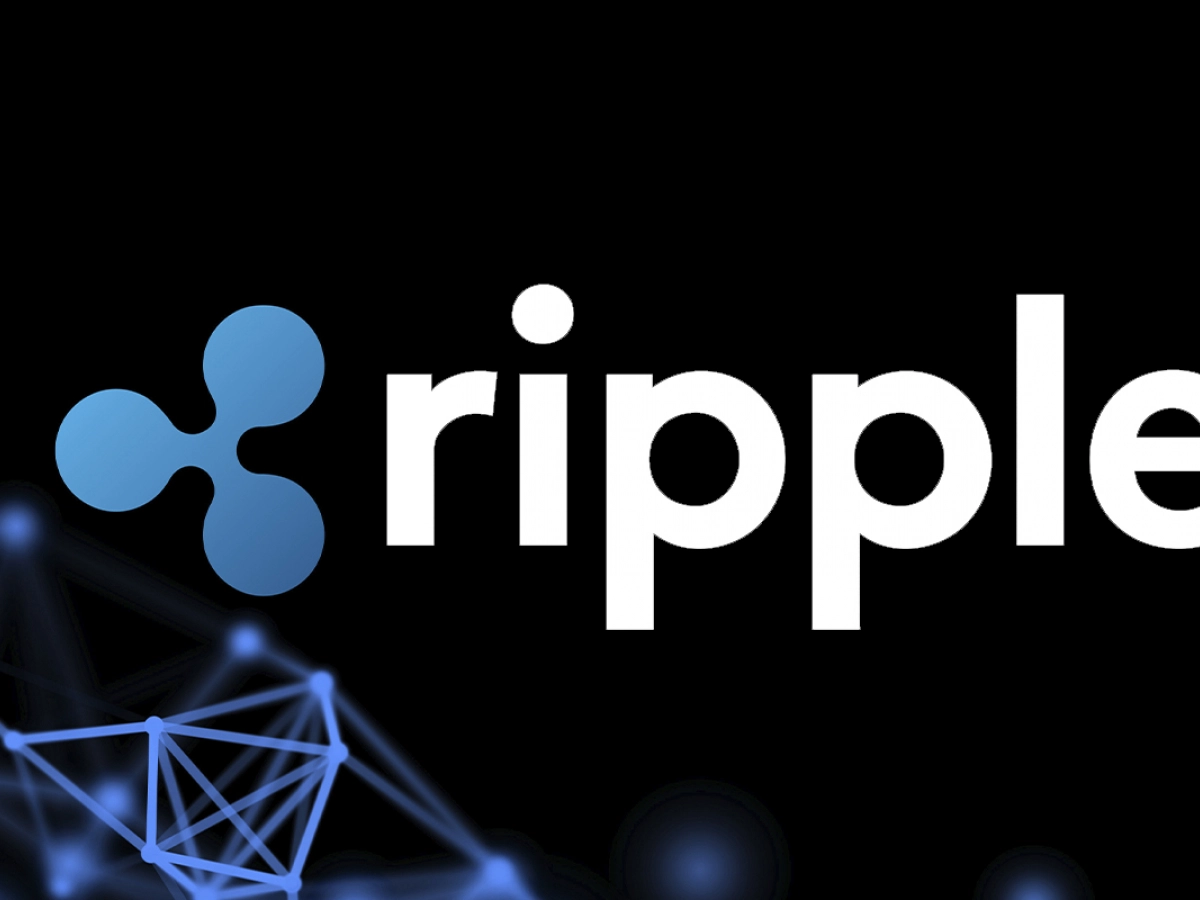
Ripple faces new threat as central banks create working prototypes of a rival cross-border payments system
The innovation hub of the Bank for International Settlements (BIS), a company owned by 63 central banks representing countries that account for 95% of global GDP, creates an international payments platform that would directly compete with Ripple. The announcement made yesterday by the BRI for the launch of “Dunbar Project” comes after recent news about Ripple’s partners making progress on a SWIFT replacement system and RippleNet being listed as competitor of SWIFT by a group from the Arab Monetary Fund.
Project Dunbar: an institutional Ripple competitor?
In a press release, BIS announced that the central banks of Australia, Malaysia, Singapore and South Africa were developing a “shared platform that could enable international settlements using digital currencies.” The aim of the project is to “facilitate direct cross-border transactions between financial institutions in different currencies,” in a cheap and efficient manner.
The Dunbar project, much like Ripple, aims to replace the old, slow and expensive correspondent banking model of international transactions that relies on financial institutions holding foreign currency and often requires single payments to pass through multiple institutions before being released. rules. Under the Dunbar project, it would no longer be necessary to rely on intermediaries holding foreign currency reserves, reducing the cost and time required for cross-border transactions.
Project Dunbar, focusing on “international settlements using multi-CBDCs,” therefore seems to be directly lining itself up, with institutional backing, against Ripple-aligned players like The Clearing House, whose RTP Service is designed to facilitate transactions within “the digital, on-the-go way we live and work today.”
Several prototypes are ready
The BIS claimed to have successfully developed two prototypes for its common international settlement platform, Corda and Partieur. In response to the full reportSopnendu Ohanty, director of fintech at the Monetary Authority of Singapore, said “the Dunbar project marks a key milestone in improving the efficiency of cross-border payments globally.”


















